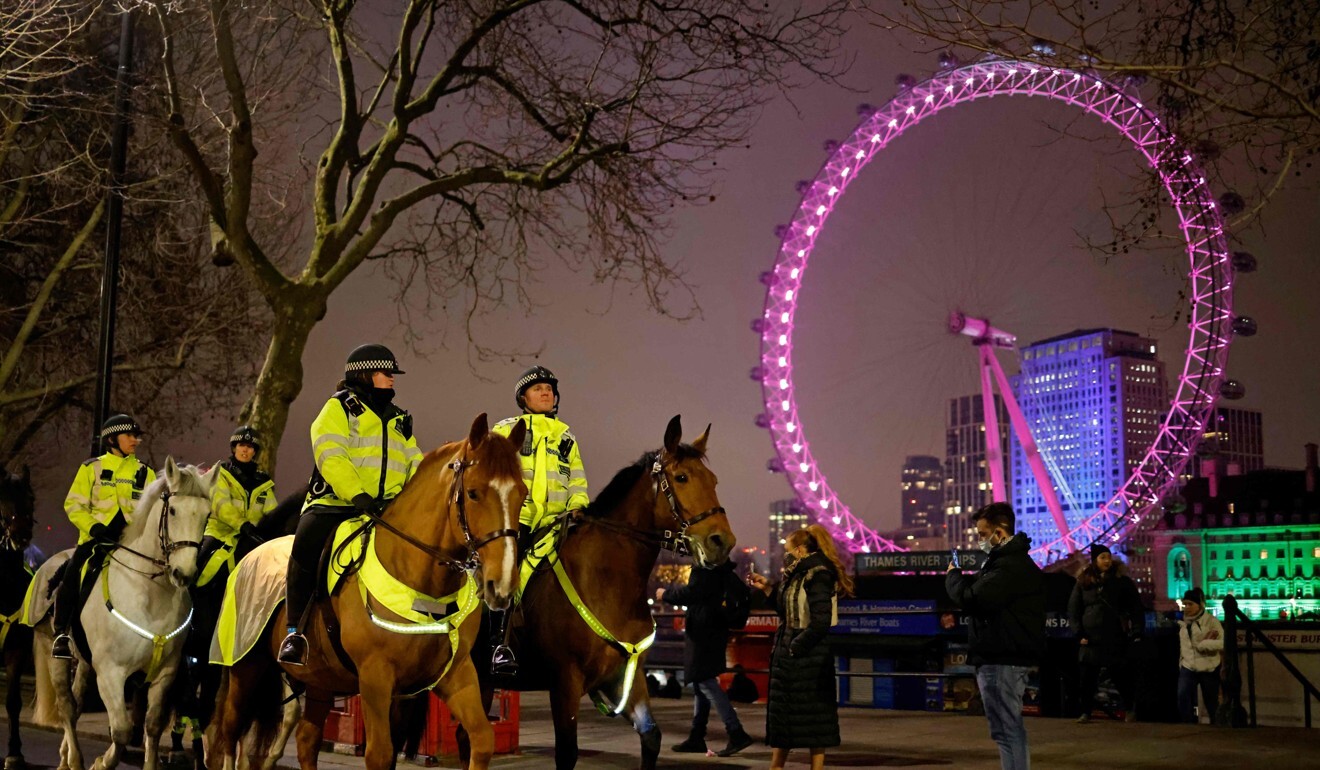
Coronavirus: Britain’s hospitals at ‘perilous’ stage as new Covid-19 strain fuels surge in cases
- A senior doctor said that the UK was in the ‘eye of the storm’ and that it was ‘infuriating’ to see people not wearing masks
- The big spike in infections have been blamed on a new, more contagious variant of the virus
The Royal College of Nursing’s England director, Mike Adams, told Sky News that the UK was in the “eye of the storm” and that it was “infuriating” to see people not following the social distancing guidance or wearing masks.
A leading doctor also warned of burnout among health workers on the front line of the outbreak in hospitals, while also urging people to follow the rules.
“I am worried,” Adrian Boyle, vice-president of the Royal College of Emergency Medicine, told the BBC. “We are very much at battle stations.”

03:57
Coronavirus: what we know so far about the new strain of Covid-19
New infections have more than doubled in recent weeks after a new variant that is said to be around 70 per cent more contagious was found to be behind a big spike in cases around London and the southeast of England.
Given the lags between new cases and hospitalisation and subsequently deaths, there are huge concerns about the path of the pandemic over the coming month or two in a country that has Europe’s second-highest virus-related death toll at nearly 74,000.
As a result of the spike, which has spread around the country and seen lockdown restrictions tightened, the strategy around the roll-out of vaccines has been changed to get more people an initial jab as soon as possible, with a scheduled second one delayed.
‘It was unbearable’: hundreds of UK tourists flee Swiss quarantine
In a joint statement on Thursday, the chief medical officers for England, Scotland, Wales and Northern Ireland, said the first vaccine dose offers “substantial” protection.
Currently, two vaccines have been approved for use in the UK. Just under 1 million people have received the first dose of the vaccine developed by American pharmaceutical firm Pfizer and German biotechnology company BioNTech, with a small minority also getting the second dose as planned after 21 days.

The four medical officers said they were “confident” the first dose of both vaccines would provide “substantial” protection.
“In the short term, the additional increase of vaccine efficacy from the second dose is likely to be modest; the great majority of the initial protection from clinical disease is after the first dose of vaccine,” they said.
The new plan has faced widespread criticism, with the UK’s main union for doctors warning that delaying the second dose causes huge problems for thousands of partially vaccinated elderly and vulnerable people.
“It is grossly and patently unfair to tens of thousands of our most at-risk patients to now try to reschedule their appointments,” said Richard Vautrey from the British Medical Association.

